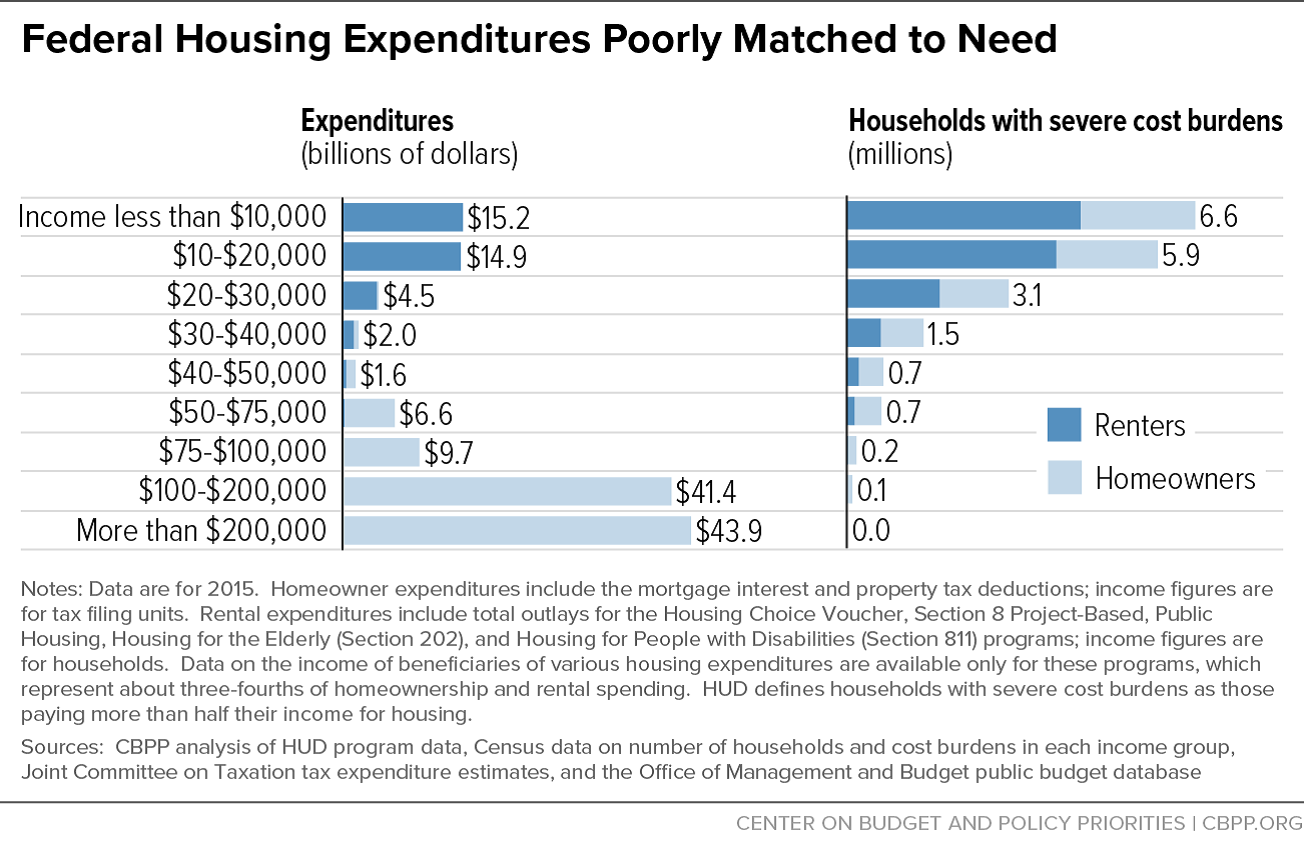A new proposal recently floated by the Center on Budget & Policy Priorities would tackle the single most pressing housing problem that we encounter at Avesta: a profound lack of affordable homes for extremely low income people.
In January of 2017, 369 households (representing 668 people) came to Avesta seeking an affordable home. Their average annual income was $14,400 and only 25% of them had any kind of rental assistance in hand. Households headed by a senior (age 55+) represented the largest share of these applicants.
In that same month, because turnover is so low and the resources available to build new, affordable apartments are so scarce, we were only able to provide housing to 35 households. And the bottom line? Without the benefit of rental assistance, the best that extremely low income households could get is their name on a waiting list. Of the 35 families we were able to house in January, 27 had rental assistance and the other 8 had incomes averaging nearly twice that of our typical applicants.
In other words, the typical household that comes to us for help in securing an affordable home is almost assuredly not going to get it unless they have the benefit of rental assistance. And only 25% of them do.
It is precisely this problem that the CBPP proposal would address. A new “project-based” renters’ tax credit could help a substantial number of the lowest-income renters — including low-wage workers, poor seniors, and people with disabilities — afford decent, stable housing.
It would help these families afford a home by providing states with credits that they would allocate to rental housing owners and developers for use in particular developments. Families living in renters’ credit units would pay no more than the accepted federal standard of affordability for rent and utilities — 30% of their income — and the rental unit’s owner would receive a federal tax credit in return for reducing the rent to that level.
If funded at a $6 billion level nationally, the proposal would ensure that 3,200 highly vulnerable Maine households — the ones who right now can only put their name on a list and wait – have the basic, safe affordable housing they need.
Such an approach would also help to address a jolting imbalance in current federal housing expenditures, which overwhelmingly benefit high-income homeowners over the low-income renters who have the greatest needs.
Avesta looks forward to working with our partners across the state and the country in helping to give this proposal the public awareness that it — and those we desperately want to help but currently cannot — deserves.
By Greg Payne, Development Officer/Coordinator, Maine Affordable Housing Coalition



